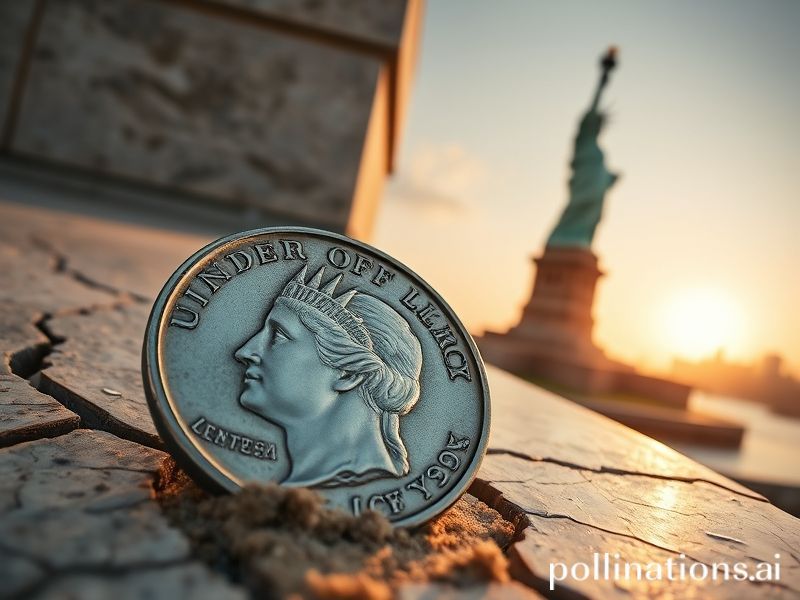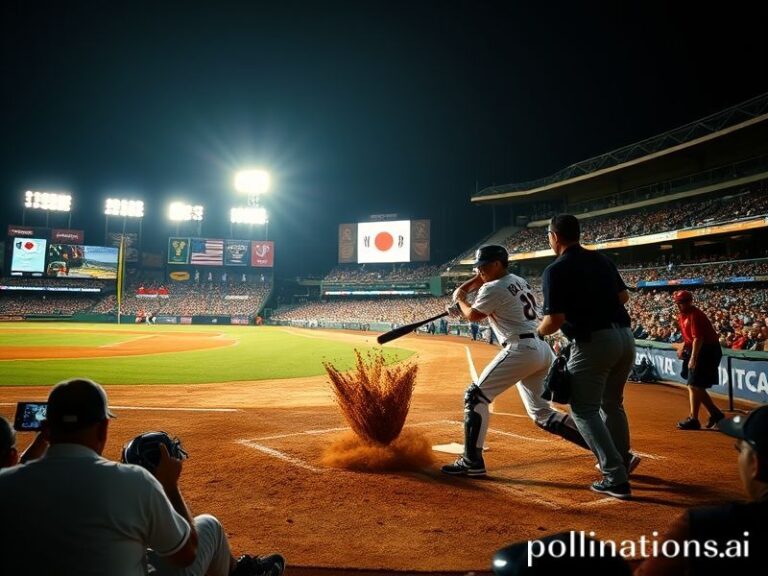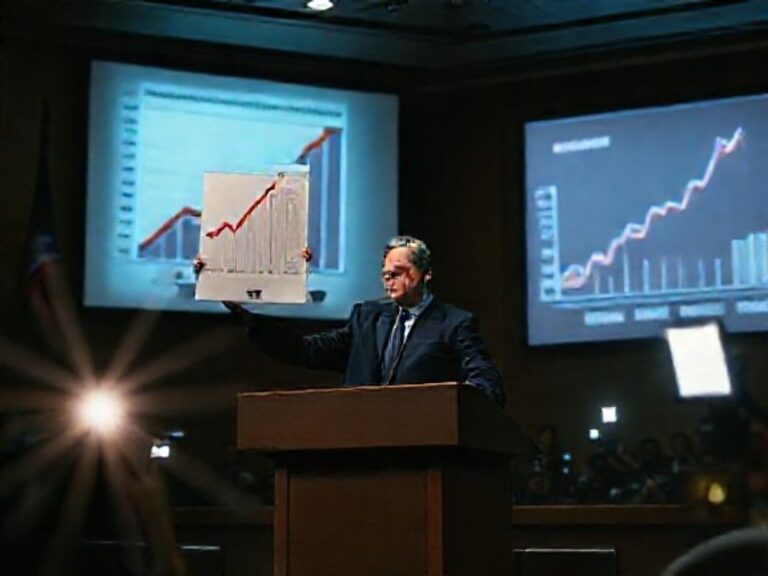Global Smackdown: Liberty Takes on Mercury in a Toxic Tango of Freedom and Neurotoxins
Liberty vs Mercury: A Global Cage Match Where the Referee Is Also Poisonous
Dave’s Locker International Desk – 15 June 2024
If you squint at the planet from 35,000 feet, the current liberty-versus-mercury debate looks less like a principled standoff and more like a bar fight where everyone’s already been slipped a mickey. On one side, liberty—the perennial prom queen everyone claims to have dated. On the other, mercury—toxic, silvery, and stubbornly useful, the bad boy your smartphone can’t quit. The bout is playing out in courtrooms, river deltas, and TikTok feeds from Jakarta to Johannesburg, proving once again that globalization excels at exporting crises with the same ruthless efficiency it applies to plastic lawn flamingos.
Start with the literal stuff: mercury. The Minamata Convention—our planetary attempt at couples therapy—turns ten this year. One hundred thirty-seven countries have pinky-promised to stop flinging the metal around like confetti, yet artisanal gold miners from the Amazon to the Congo still sluice riverbanks with it, because nothing says “economic freedom” like trading brain damage for a wedding band. Meanwhile, the EU has banned mercury thermometers but quietly imports fluorescent bulbs by the container-load, proving that European virtue has a convenient cut-off date at the customs gate.
Liberty, for its part, has rebranded itself as the right to ignore warning labels. In the United States—where freedom is measured in liters and ammunition—several states now market “right-to-mine” as a constitutional perk, somewhere between bearing arms and pretending the Founding Fathers adored crypto. Over in India, the world’s largest democracy is busy granting mining conglomerates the liberty to reclassify forests as “slightly vertical wasteland.” Villagers who object are gently reminded that liberty also includes the freedom to be relocated at gunpoint.
The punchline, of course, is that mercury doesn’t respect passports. Air currents launder it like dirty cash: vapor from an illegal refinery in Peru condenses into Canadian snowflakes; tuna caught off Malta carries the résumé of a Chinese coal plant. The World Health Organization estimates that 150,000 IQ points are collectively mislaid every year—roughly the population of Grenada turned incrementally more gullible—yet no single nation feels compelled to claim the loss on its tax forms.
Global trade mechanisms add a layer of exquisite irony. Under the Harmonized System, mercury is tariff code 2805.40, right between “Phosphoric acids” and “Other inorganic acids.” Liberty, alas, has no HS code; it is classified as an intangible, like God or a stable Twitter replacement. This makes it devilishly hard to slap sanctions on. You can embargo mercury ore from Kyrgyzstan, but try embargoing the concept of freedom and you’ll discover every customs officer suddenly majored in philosophy.
Not that corporations are waiting for permission. Tesla, Glencore, and half the periodic table gang have begun “voluntary” traceability schemes—blockchain-powered, naturally—where each gram of mercury is tracked like a wayward teen. Skeptics note the same companies once lobbied to keep mercury in vaccines and mascara, but history is merely another commodity with a short shelf life. Consumers, high on the liberty to virtue-signal, now purchase “mercury-free” smartphones that still require mercury somewhere up the supply chain, a paradox marketed as “offsetting.” Think of it as carbon credits for your neurons.
The broader significance? We are watching the birth of a new moral currency: the right to poison versus the right to refuse. Emerging markets sell the former cheap; developed nations buy the latter at a premium and brag about the bargain. In boardrooms, consultants speak of “mercury intensity per unit of freedom,” a metric so cynical it could only have been born in a PowerPoint deck. Meanwhile, UN negotiators gather in Geneva to debate whether a gram of liberty weighs more than a gram of mercury. (Spoiler: the scale is broken, and someone walked off with the weights.)
Conclusion: The planet will keep revolving long after the last libertarian and the last thermometer have turned to dust. Mercury will remain, patiently bioaccumulating, while liberty—ever the shape-shifter—will rebrand as the right to evolve gills. Until then, the rest of us are stuck refereeing a match where both contestants cheat and the arena is slowly filling with quicksilver. Best advice? Hold your breath, count to ten, and try not to think too hard; you’ll need those neurons for the next round.







